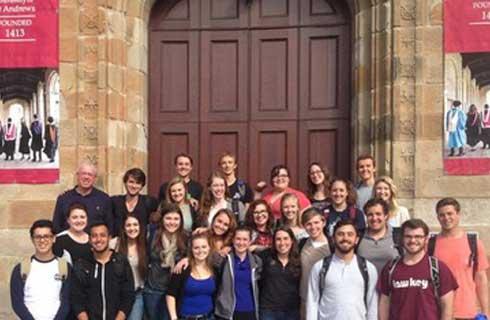- IDP China>
- 课程库>
- 计算机科学>
- 信息技术>
- 其他信息技术>
- Bachelor of Information and Communications Technology (Accelerated) - Software Development
Bachelor of Information and Communications Technology (Accelerated) - Software Development

学历文凭
Bachelor Degree

专业院系
Western Sydney University - Sydney City Campus

开学时间

课程时长

课程学费

国际学生入学条件
Global Assessment Certificate (GAC) Level 3 - Successful completion of Global Assessment Certificate with a GPA of 2.3.
International Baccalaureate Certificate (IB) - International Baccalaureate Diploma with a minimum score of 24.
Successful completion of Cambridge International or Edexcel GCE A Level examination with a score of 6 from 3 Advanced Level core subjects only.
IELTS - 6.5 overall score, minimum 6.0 in each subtest.
TOEFL IBT - Total score 82, Writing 21, Speaking 18, Reading 13, Listening 13
IDP—雅思考试联合主办方

雅思考试总分
6.5
- 雅思总分:6.5
- 托福网考总分:82
- 托福笔试总分:160
- 其他语言考试:Pearson Test of English Academic (PTE) - 58 overall; No communication skills less than 50.
CRICOS代码: 064013K
申请截止日期: 请与IDP联系 以获取详细信息。
课程简介
The Bachelor of Information and Communications Technology (ICT) is a professional course that will provide you with solid skills and a knowledge base in ICT.It will provide you with the skills to apply practical solutions to ICT including systems analysis and design, application development, program design, networks, web development and the implementation of technology. This course requires successful completion of 240 credit points which includes twelve core subjects, and eight elective subjects which can be chosen from any discipline available at Sydney City Campus.Students undertaking a major need to complete the specific major subjects in place of some elective subjects. Majors available :Cyber SecurityNetworking and Cloud ComputingSoftware Development
相关申请
 预科
预科 奖学金
奖学金 实习机会
实习机会 在校学习
在校学习 跨境学习
跨境学习 校园授课-线上开始
校园授课-线上开始 在线/远程学习
在线/远程学习
开学时间&学费
学费信息仅供参考,请与IDP联系以获取详细信息
| 开学时间 | 时长 | 学费 | 地点 |
|---|---|---|---|
| 暂无 | 暂无 | 暂无 | 暂无 |
学校排名

世界排名351
数据源:
泰晤士高等教育世界大学排名
本校相关课程
其他相关课程
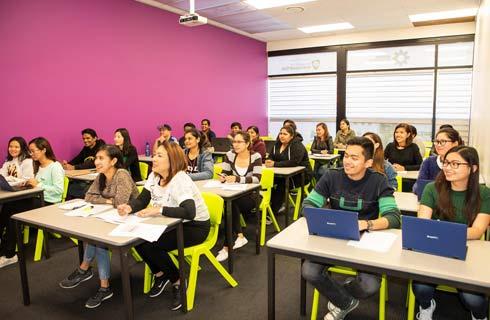
运动与运动科学学士/信息技术学士
 堪培拉大学
堪培拉大学泰晤士高等教育世界大学排名:470
学历文凭
Dual Degree
开学日期
课程费用总额

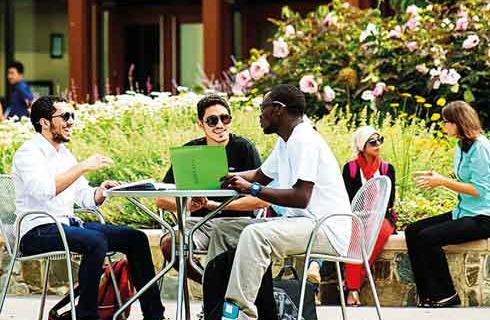
综合哲学博士(信息科学)
 伍伦贡大学
伍伦贡大学泰晤士高等教育世界大学排名:247
学历文凭
Ph.D.
开学日期
课程费用总额

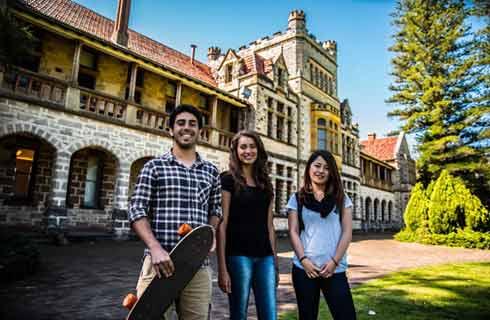
信息技术学士(荣誉学位)
 伍伦贡大学
伍伦贡大学泰晤士高等教育世界大学排名:247
学历文凭
Bachelor Degree with Honours
开学日期
课程费用总额


信息技术学士/商科学士
 纽卡斯尔大学
纽卡斯尔大学学历文凭
Dual Degree
开学日期
课程费用总额

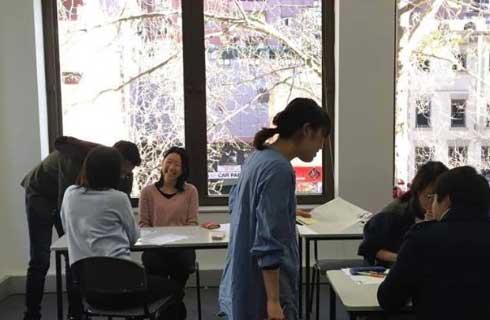
游戏技术理学学士
 莫道克大学
莫道克大学泰晤士高等教育世界大学排名:438
学历文凭
Bachelor Degree
开学日期
课程费用总额


计算机与信息技术文凭
 安斯伯利学院
安斯伯利学院学历文凭
Diploma
开学日期
课程费用总额














